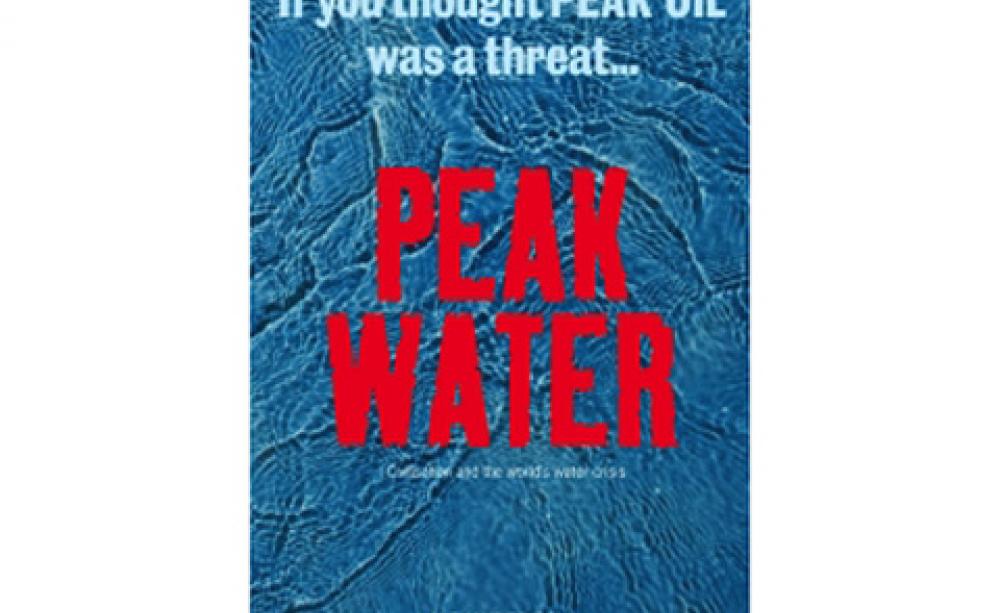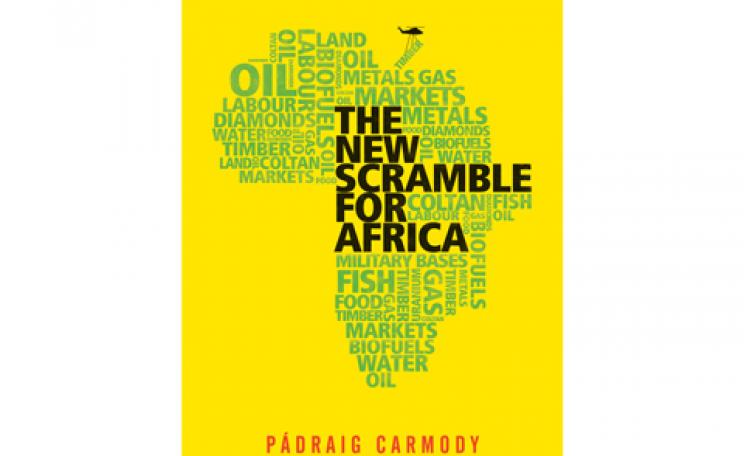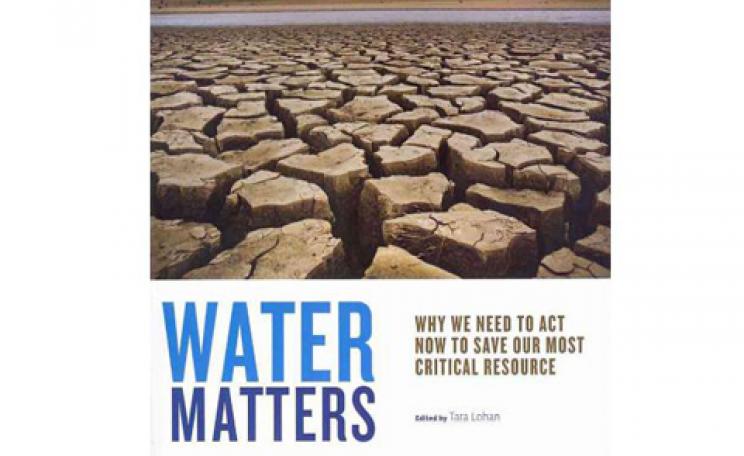How we built civilization on water and drained the world dry is the subject of Alexander Bell’s recent book, Peak Water. Bell delves deeply into the roots of modern civilisation, beginning just before the settlement of the first cities.
From an historical perspective, the first two sections are very interesting. There have been many books in recent years recounting the trouble we are in when it comes to water, but few that examine how we arrived at this point. Bell does just that, offering a brief history of the world in just over one hundred pages, from the perspective of our attitudes towards water and our increasing usage of the resource.
He recounts the critical moments when our ideas shift, as the nature of our civilisation changed:
'A Sumarian would have no hesitation in telling you that the city was about water. An Athenian would have told you the city was about people, democracy, or economics. Though the river of civilisation runs on, the water becomes less visible.'
It would appear that taking our resources for granted is not a new refrain.
Once the story leaves history and comes closer to our contemporary water issues, Bell covers the major factors behind peak water, including trade, irrigation and farming. Once again the background information is interesting, but this final third of the book turns a little apocalyptic. Bell has established how we built civilisation on water, and now explains, possibly with a little too much relish and certainly in great detail, how we have drained the world dry.
Apocalyptic
Unfortunately, Bell does not go too far into what we can do to solve this crisis of peak water: 'Making the water follow us will not work for much longer for many cities. We are going to have to learn to follow the water,' is an example of some of his advice.
While probably very true, it leaves much to be imagined. Is Bell suggesting that we literally pick up our cities and move them closer to a source of water? Or that we abandon them completely?
Bell is certain that critical water shortages in the future, or peak water, will lead to a World War III (if we are not already in the midst of it). He imagines it could take the form of anything from outright war between, say, Canada and the US, to global trauma and the general end of civilisation.
This could be true, but it seems irresponsible to throw in this prediction without any concrete advice to avoid the disaster. All he has for us is a few dramatic phrases: 'How we respond to that catastrophe will be the mark of the human race. Almost certainly it will mean the end of civilisation as we currently know it.'
Here he could have added optimistically that we could replace our current civilisation with something better and more sustainable, but no such luck.
This is undoubtedly an interesting book from an historical perspective, and it is important to serve up the cold hard facts. But if we are heading towards a peak water-induced apocalypse, we need real solutions and alternatives now.
Peak Water: Civilization and the world's water crisis, by Alexander Bell (Hardcover, £16.99 Luath Press)
| READ MORE... | |
 |
HOW TO MAKE A DIFFERENCE 10 campaign groups calling for cleaner water Water - we pollute it, waste it, privatise it and dam it. Around the world millions of people lack access to it. But there are organisations out there trying to protect the planet's water for the benefit of all |
 |
INVESTIGATION Dams: development or control? The vast dams clogging the veins of Africa are instruments of control rather than promised hydroelectric liberation. Khadija Sharife investigates. |
 |
NEWS Three Gorges Dam 'a model for disaster' International Rivers has highlighted the environmental damage caused by the world's biggest hydropower project amid concern about plans for two new dams in China |
 |
NEWS ANALYSIS Desalination - pros and cons of a typically thorny issue. The argument for desalination plants isn't won yet, reports Mark Anslow |
 |
GREEN LIVING Liquid blue gold Laura Sevier reports on why we shouldn’t be taking our water for granted, as well as offering some easy ways to avoid wasting it |








